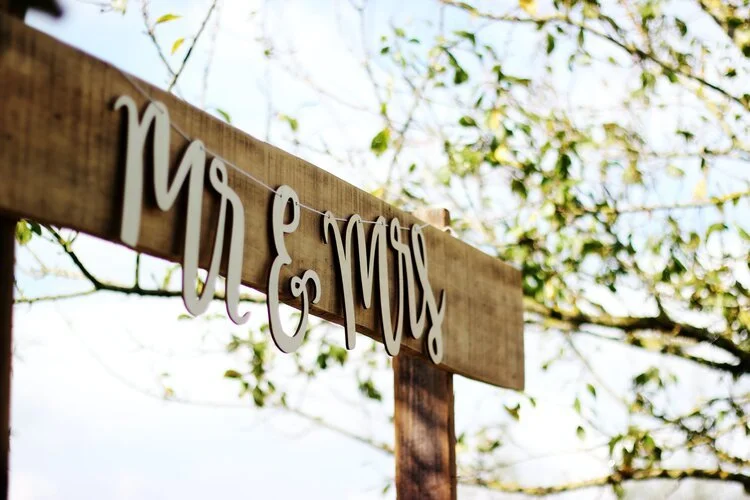How Divorce Makes Trusts Vulnerable
As we think of making a life with someone and taking that leap into marriage, we do not usually think about what happens if the union does not succeed. Sadly, according to the American Psychological Association, about 40% to 50% of married U.S. couples find themselves splitting up. Divorces are costly – both emotionally and financially. Between court costs, division of assets, and ongoing payments the financial toll can be quite significant.
State law governs how courts will ultimately divide assets during a divorce. So, where you live matters. For example, California is a community property state which means that all property acquired during the marriage, other than through gift or inheritance, is treated as jointly owned by both spouses. Property acquired before the marriage or through a gift or inheritance is treated as sole and separate property.
Because divorce can erode a family’s wealth, well-intentioned parents might gift assets to a trust for the benefit of a child to protect those assets from a potential future greedy ex-spouse. Since parents are gifting the assets to the trust, such assets should be treated as the child’s sole and separate property, even in the event of a divorce.
However, unless properly drafted and administered, these trusts can fail to provide the anticipated protection. For example, once assets leave the trust, if a child co-mingles those assets with the marital assets, then a divorcing spouse has a claim that the assets once held in trust are now fair game as marital assets.
Most commonly this happens when a couple goes to buy their first home and does not have enough marital assets to make the down-payment. The spouse with a trust fund from mom and dad takes a distribution from the trust, puts it into the joint account, and uses it to buy the new house. A few years down the road, the dream house is now part of a fight to divide assets between the now divorcing couple. A court would likely treat the entire house as a marital asset even though one spouse contributed their separate property to buy the house. This is because that spouse co-mingled the once safe asset with the marital assets.
A properly drafted and administered trust would still allow a child to buy their dream home but would keep the assets safe in the event of a divorce. It is important that these trusts have provisions that limit the ways in which a child might unknowingly endanger their nest-egg. The less discretion we give a child, the more protection that child will have should a divorce occur.
What happens if you do not have wealthy parents but have assets you have accumulated on your own? It is important to consider planning well before you walk down the aisle. A layered approach using pre-marital agreements, separate property trusts, and even asset protection trusts can preserve your hard-earned assets just in case things do not work out the way you hoped.
At Tresp, Day & Associates, we are committed to ensuring your assets are completely protected, shall an event like divorce occur. Contact us today to schedule your consultation.

